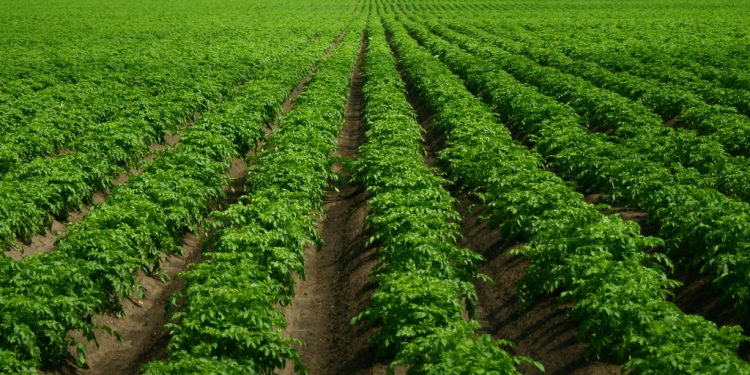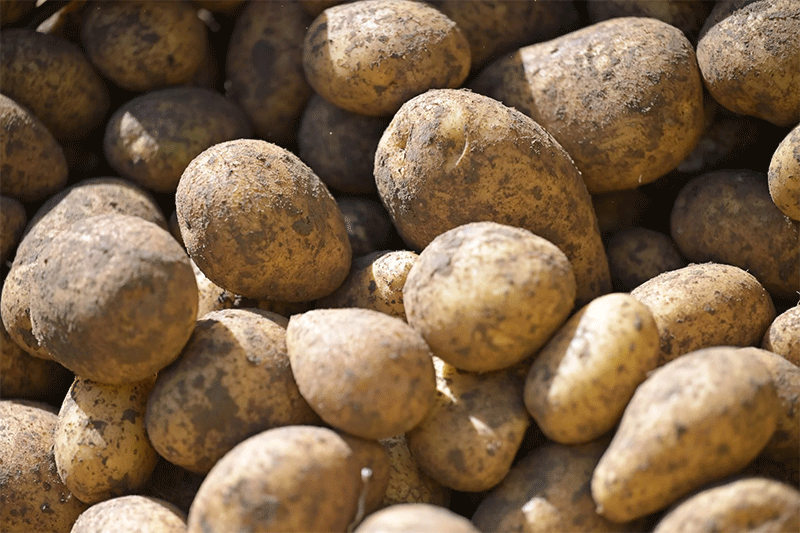Potatoes are a staple food crop globally, and climate change poses significant challenges to potato production, affecting yield, quality, and overall crop performance. This article will examine the latest data on the impact of climate change on potato production and provide farmers, agronomists, agricultural engineers, farm owners, and scientists with essential information on the challenges and opportunities for sustainable agriculture.
According to a report by Spud Smart, climate change has led to shifts in the potato growing regions globally, with some traditional growing areas becoming unsuitable due to changes in temperature, rainfall, and water availability. Extreme weather events, such as floods, droughts, and heatwaves, also increase the risk of crop failure and yield losses.
The impact of climate change on potato production is not entirely negative, however, as it presents opportunities for farmers to adapt to changing conditions and adopt sustainable agricultural practices. These practices include the use of drought-tolerant potato varieties, precision farming technologies, and sustainable irrigation techniques such as drip irrigation.
Furthermore, potato production can contribute to mitigating climate change by reducing greenhouse gas emissions through sustainable farming practices such as crop rotation, cover cropping, and reduced tillage. These practices can improve soil health, increase carbon sequestration, and reduce the reliance on synthetic fertilizers and pesticides.
In conclusion, climate change poses significant challenges to potato production, but it also presents opportunities for sustainable agriculture. By adopting adaptive strategies and sustainable agricultural practices, farmers, agronomists, agricultural engineers, farm owners, and scientists can ensure the long-term viability and productivity of potato crops in the face of climate change.






